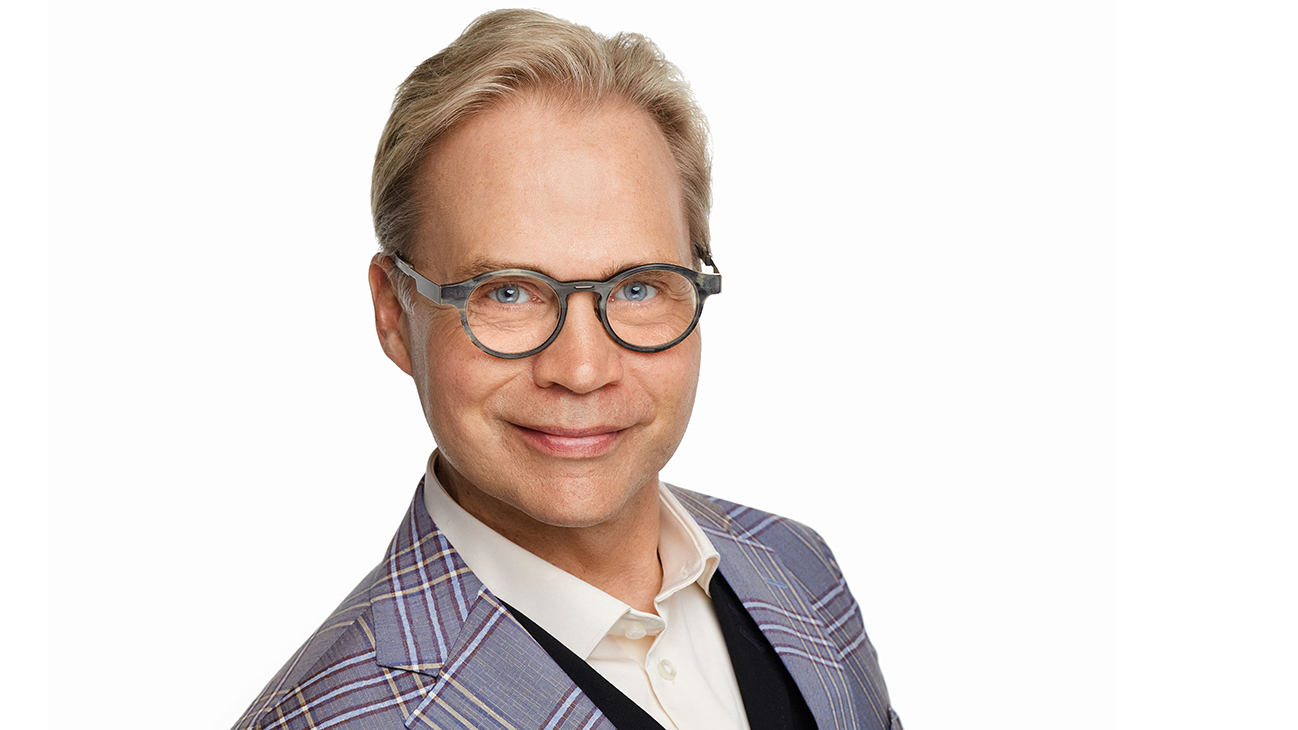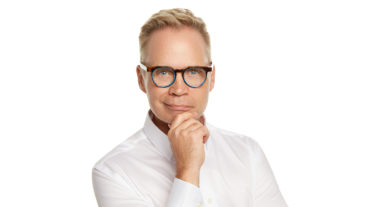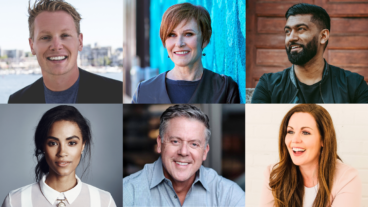“It’s difficult to make predictions, especially about the future.” That quote, attributed to both a physicist (Niels Bohr) and a baseball player (Yogi Berra), sums it up. Yet ingrained in our psyche is the never-yielding compulsion to predict the future.
No one knows this better than economists. I’ve spent most of the last three decades working on teams within various think tanks, companies, and banks, trying to forecast the economy. And I’ve concluded that it’s a waste of time. Why?
First, we’re getting worse at it. The problem isn’t faulty mathematical models or econometric techniques. Rather, the problem is the growing number of things that hit us from out of the blue — the so-called “black swan” events that are, by definition, unforeseeable. There’s no better example than the pandemic.
The second reason is the economy. For reasons that aren’t quite clear, it’s behaving differently than it has in the past. Our predictions of the future are based entirely on patterns we’ve observed from the past. But the economy of the 21st century is not following the patterns in the same way that the decades of experience from the 20th century have shown us.
Finally, relying on forecasts can lull us into a dangerous false confidence. When consumers and business leaders are making decisions based on the predictions of economists — and when those forecasts turn out to be wrong — it can create problems. Take the recent situation of homeowners staying on variable rate mortgages in early 2021 when the Bank of Canada assured everyone that rates would remain low for a long period of time. That didn’t end well.
Our collective impulse to forecast the economy is deeply rooted in our human desire to peer into the future. And for decades, economists have fed this addiction by preparing forecasts. I can’t count how many times people have asked me, “What is your crystal ball telling us about the economy?” And we’ve led them to believe we have the answer.
Economists don’t have crystal balls, but we do have lava lamps. We can make observations, but the situation is fluid and constantly shifting. Rather than predicting the economy, we’d serve ourselves and our businesses better by preparing for any possible outcome.
Here are four tools to help anyone — business leaders, politicians, and everyday citizens — prepare for events that are certain to disrupt the economy.
1. Know Who You Are
Strangely, many businesses can’t answer this. They trot out mission statements or corporate values, and while these are important, they’re not a description of who they are as a company. What’s their core story? What do they do? Do they really just produce widgets? Or is it something more, something deeper? (The story of Domino’s Pizza is relevant here: they thought they were a pizza company. But they were really a technology and convenience company). Knowing who you are as a company will provide deep roots and resilience when your economic plans are disrupted.
2. Build Relationships
Research conducted on successfully navigating sudden change reveals that strong relationships are essential. Relationships with team members, r senior leaders, clients, and even competitors make an enormous difference. In times of challenge and disruption, we need to tie our life rafts together.
3. Prepare for the Unexpected
This is where heavy reliance on forecasting can be a stumbling block. Don’t throw out the forecast but treat it as only one possible scenario. Plan for that, but also plan for the series of unexpected events. What’s your plan if a natural disaster wipes out a facility? What happens if your supply chain from a foreign country is suddenly severed? What happens if interest rates jump 500 percentage points in 18 months? They may seem improbable, but the exercise will sharpen your ability to react quickly.
4. Show Up
In our personal and professional lives, there are always tasks and obligations that don’t match our natural talents. We don’t need to excel at everything, but it is important we at least show up and try our best in times of disruption. Show up for your team, your bosses, your boards of directors. Show up for yourselves through attention to your mental and physical wellness. Be kind.
Heading into 2024, the anxiety is palpable. Wars are raging. Interest rates are spiking. Housing is in crisis. Weather events are extreme and getting worse. We can’t control any of these events, but we can prepare for them. Equipped with these tools, we can navigate through all disruptions that come our way.
Todd Hirsch is an internationally renowned economist and author whose research and work focuses on enhancing adaptability in an ever-changing world. Having had a front row seat to key issues transforming the global economy for the past 25 years, he delivers dynamic, clear-eyed talks on adaptability, creativity, and resilience to help industry and business leaders prepare for a future that is volatile, uncertain, complex, and ambiguous.
Contact us to learn more about Todd and how he can help your organization prepare for the unexpected.




